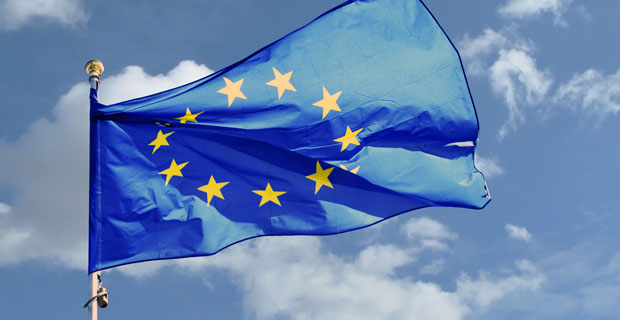The European Commission on Tuesday walloped Google unit with a record 2.4 billion euros fine — about US$2.7 billion — for giving its own shopping comparison site preference above smaller competitors, and thus abusing its dominant position as a search engine.
Google must end the conduct within 90 days or face penalties of 5 percent of its average daily global revenue, the EC said.
Commissioner Margrethe Vestager, who is in charge of regulating competition, praised Google for its overall innovation, but said that Google’s actions were not limited to reasonable efforts to put out a better comparison shopping product than its rivals.
“Instead, Google abused its market dominance as a search engine by promoting its own comparison shopping service in its search results and demoting those of competitors,” she said. “What Google has done is illegal under EU antitrust rules. It denied other companies the chance to compete on the merits and to innovate.”
Consumers in the region were denied a genuine choice of services, Vestager added.
Froogle Flop
Google first entered its comparison shopping product in Europe in 2004 under the name “Froogle.” The Froogle service performed poorly, and Google changed its strategy in 2008, according to the EC, when it was renamed “Google Product Search.” It became “Google Shopping” in 2013.
When consumers searched for products starting in 2008, Google gave preference to its own comparison shopping tool in 13 European Economic Area countries, starting in Germany and the UK, according to the EC. Google demoted rival services based on certain algorithms, with even the leading rivals not appearing until page four of a Google search.
As a result, Google’s traffic surged in several countries — more than 45-fold in the UK and 35-fold in Germany.
Google expressed disagreement with the EC’s findings, and said it will consider a possible challenge to the ruling.
“When you shop online, you want to find the products you’re looking for quickly and easily and advertisers want to promote those same products.” said Google General Counsel Kent Walker.
“That’s why Google shows shopping ads, connecting our users with thousands of advertisers, large and small, in ways that are useful for both,” he added.
“We respectfully disagree with the conclusions announced today,” said Walker. “We will review the Commission’s decision in detail as we consider an appeal, and we look forward to continuing to make our case.”
Rivals Rejoice
Although the decision is welcome, the end of Google’s anticompetitive search practices will be far more important than the fine levied against the company, remarked Shivaun Raff, CEO of Foundem, a UK-based vertical search company that led the complaint against Google.
“For well over a decade, Google’s search engine has played a decisive role in determining what most of us read, use and purchase online,” he said. “Left unchecked there are few limits to this gatekeeper power.”
Google in 2013 settled a separate case with the U.S. Federal Trade Commission, after it accused the company of biasing search results in tablet, smartphone and gaming devices.
The EC ruling is significant, because it could impact the way Google conducts business not just within the EU but in other regions of the world, noted Michael Jude, a research manager at Stratecast/Frost & Sullivan.
However, this decision isn’t likely to change the competitive landscape very much, he told the E-Commerce Times.
Google will continue to dominate and raise prices for all players in the region, Jude said. “Think of this as a new tax.”























































Social Media
See all Social Media